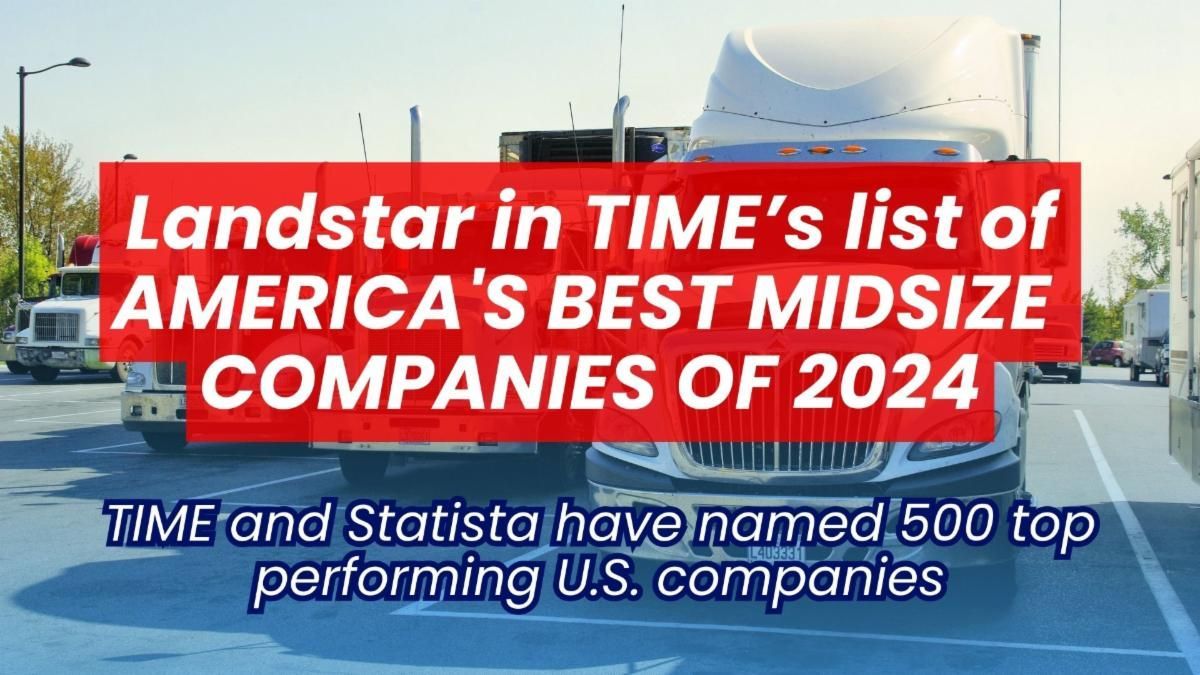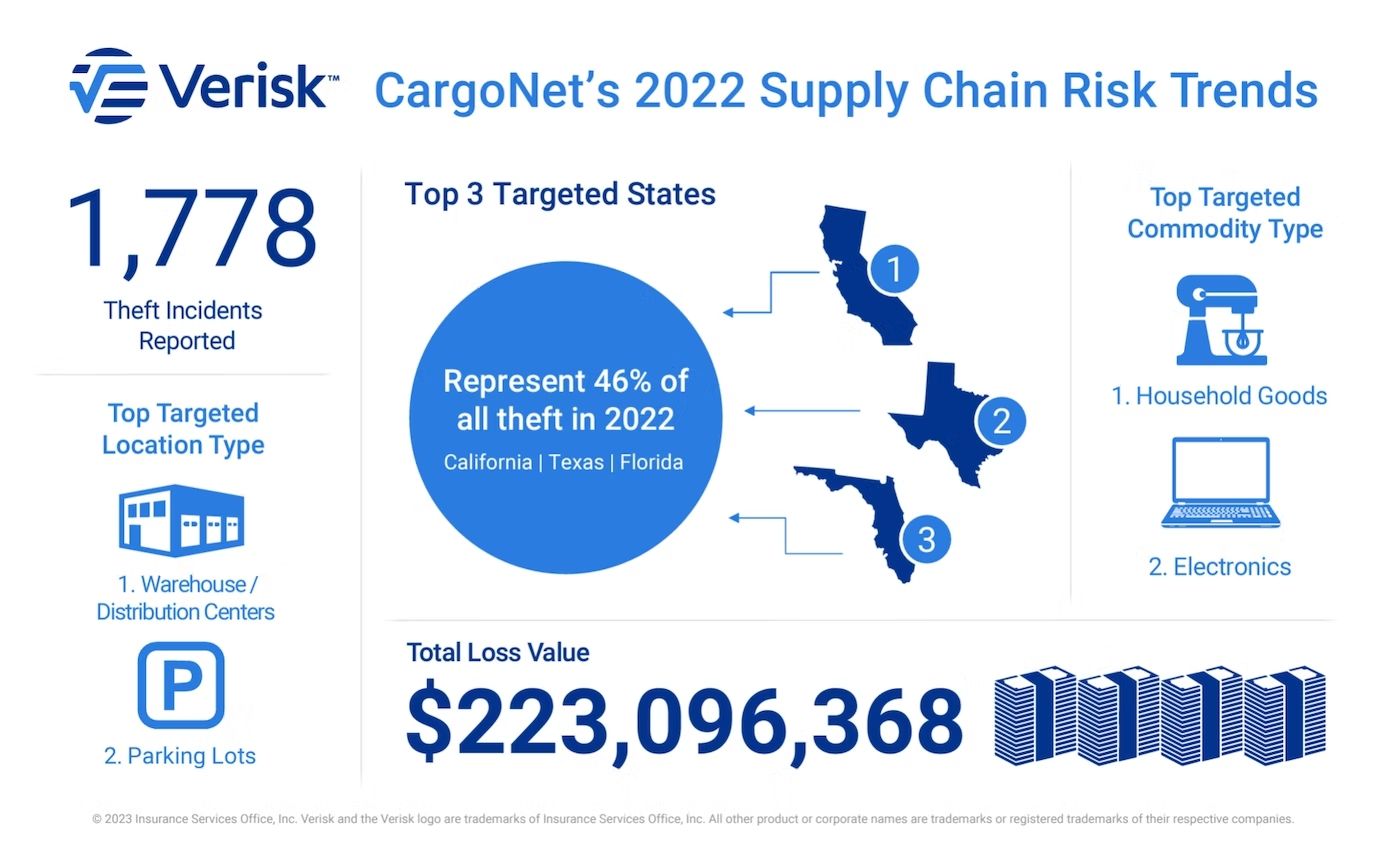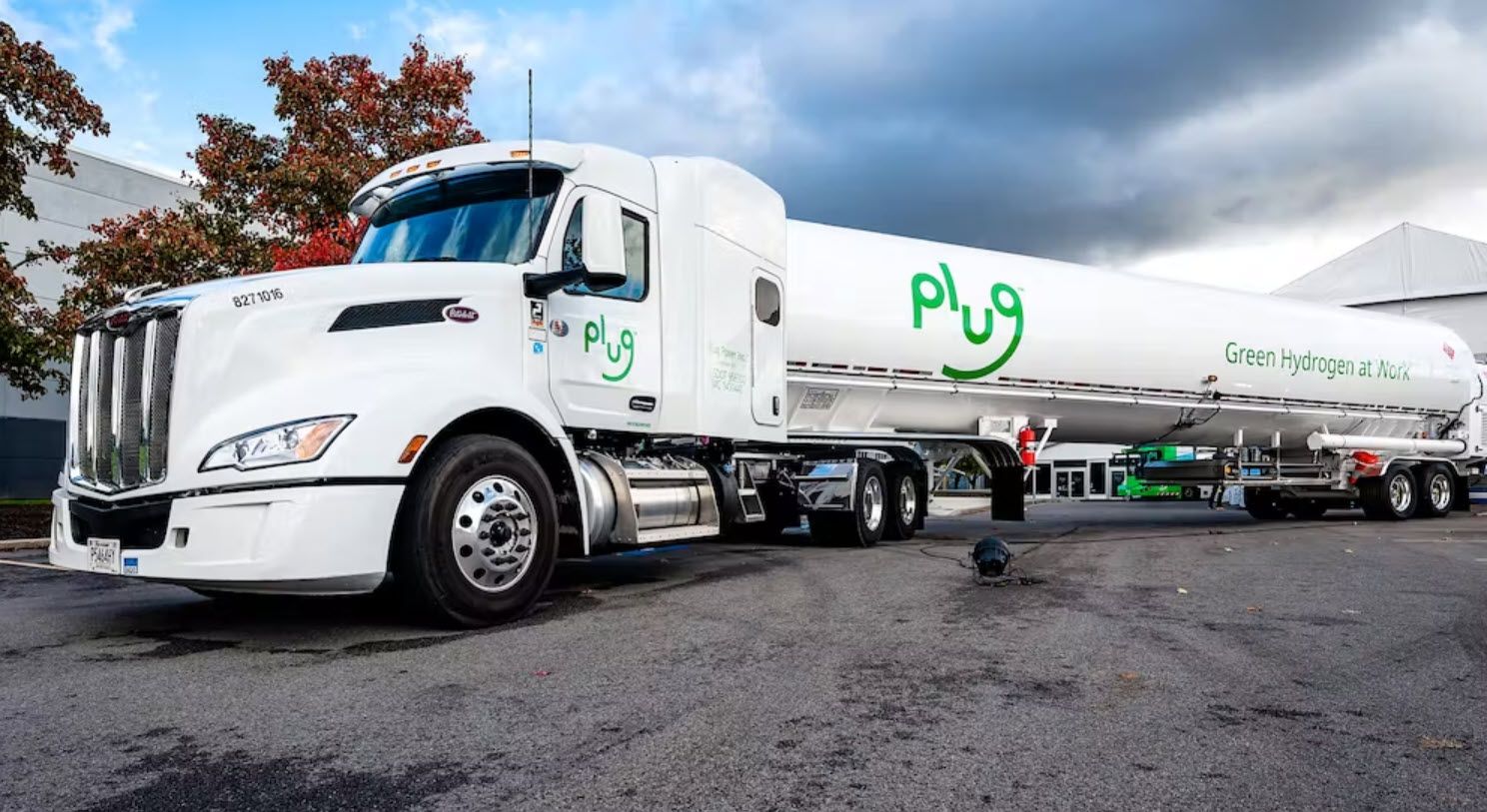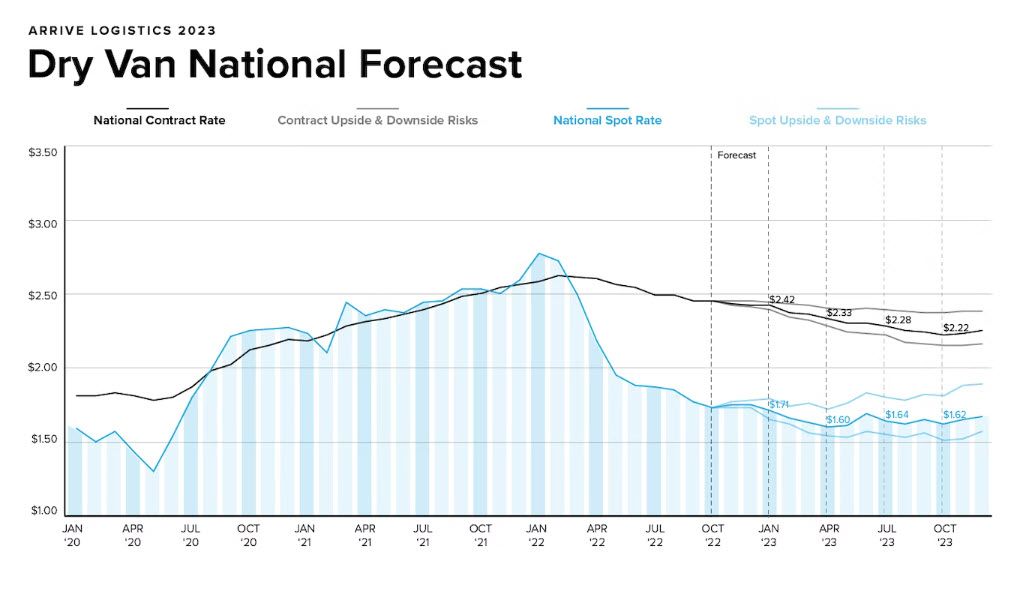Top three technologies transforming pharma supply chains today
Leila Hawkins 04/12/2022
How digital twins, blockchain and augmented reality are changing how pharma supply chains operate

Since 2020 we have seen unprecedented change and the adoption of new technologies in pharmaceutical supply chains, with automation, artificial intelligence and Internet of Things (IoT) now becoming the norm rather than an aspiration. An industry as fast-paced as pharma needs technology to continually evolve, so we take a look at three of the latest technologies that are changing how pharma supply chains work.
Augmented reality
Augmented reality (AR) provides valuable details to the user by overlaying digital information onto real-world elements via a pair of 3D glasses or goggles. For logistical purposes, this could mean giving information, such as relevant transportation instructions, to operators when they are scanning packages, or important regulatory information for the destination country.
AR can also be a useful tool for training warehouse assistants, providing step-by-step instructions for equipment standard operating procedures (SOPs). It can also be used to monitor stock inventory, issuing alerts when supplies are dwindling before they run out and therefore avoiding downtime.
Digital twins
Digital twin technology is still relatively nascent, but it is already proving to have benefits in areas such as predictive maintenance and remote monitoring. In the healthcare and pharmaceutical sectors this can have several applications. Some organizations have begun exploring the advantages of creating a virtual replica or “twin” of a medical device or tool, such as surgical equipment, which can then be introduced to clinicians using virtual reality, while equipping them with the skills they need to ensure can use them effectively.
In pharmaceutical manufacturing, digital twin technology can help bring drugs to market faster, by using real world data to create simulations in a lab environment that help scientists predict how biological processes will react in certain scenarios.
In the supply chain, digital twins can enhance visibility, which is crucial to minimize disruptions. Much like in manufacturing, creating a digital twin of a product including parameters such as weight, materials and shipping date, then enables it to be monitored through a range of different scenarios. By feeding the digital models data, it enables businesses to make predictions should problems occur – and plan ahead of time.
Blockchain
Blockchain is increasingly being hailed as a gamechanger, in no small part due to the huge success of cryptocurrencies. Its appeal lies in the immutability of data; in other words, data that is stored in the blockchain is secure and cannot be altered, making it idea for pharmaceutical supply chains where medication must be transported safely and with full traceability.
“Being able to get a digital identity for each package really allows you to see the granularity of where that product has been," said Daniel Laverick, VP and Head of Digital & Data at Zuellig Pharma in a recent interview with Pharma Logistics IQ.
“With blockchain, we can detect counterfeits in real-time and look at enhancing cold chain monitoring. From there we can start to optimize inventory management which brings a whole raft of efficiencies with it,” he added.











